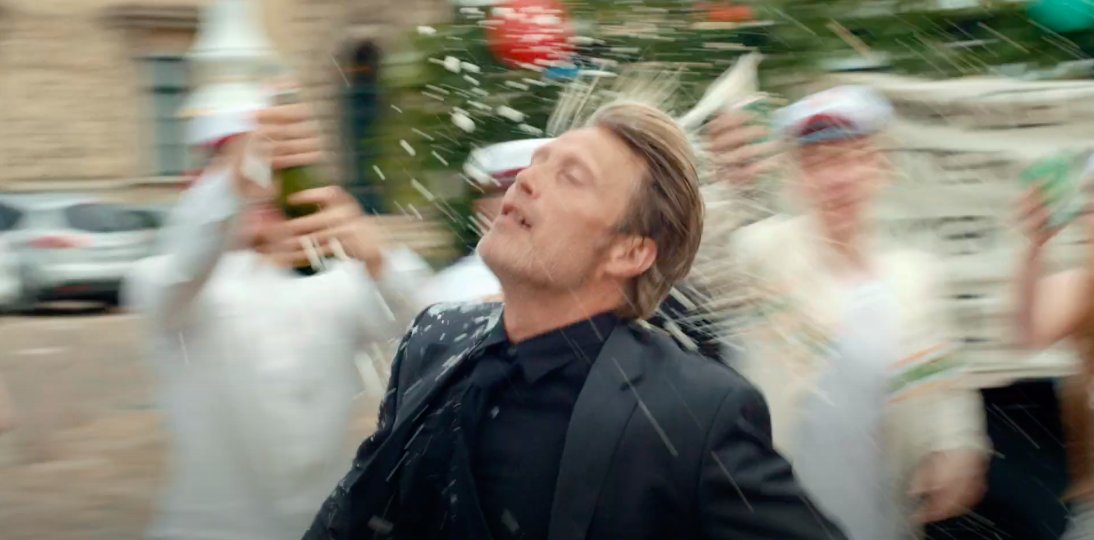— Lifetime Achievement Award, European Film Awards, 2001
King Arthur journeys across England assembling the Knights of the Round Table. When God instructs them to seek the Holy Grail, they are led on a series of surreal and comical quests.
Monty Python and the Holy Grail pulls off a rare balancing act: a deep dive into historical grit paired with a shameless love of absurdity. The mud, the smoke, the crumbling castles — these aren't just signs of a low budget, they're part of the design. Comedy lands harder when it’s grounded in something real. Against this bleak backdrop, the Pythons unleash pure anarchy, smashing the myths of Arthurian chivalry with coconut shells, a Trojan Rabbit, and the Knights Who Say “Ni!”
The humor is both delightfully idiotic and scalpel-sharp — farce meets academic parody to form a cinematic world that’s chaotic, but never sloppy. The film constantly loops in on itself, a self-referential chain of sketches that mocks not just its subjects, but its own form.
But what elevates Holy Grail beyond parody is its six creators — six comic minds merging into one irreverent generational voice. They didn’t just make a funny movie; they made a culturally explosive one. The film skewers piety, nationalism, and authority, laying bare the absurdity of blind tradition. It struck a nerve in the turbulent 1970s — and it still stings.
The legacy of the Pythons isn’t just in the quotable lines or legendary sketches — from Holy Grail, their TV show, or their other films. It’s in how they reimagined what comedy could be: smart, anarchic, and gloriously, relentlessly stupid.
— Anna Datsiuk, festival curator

